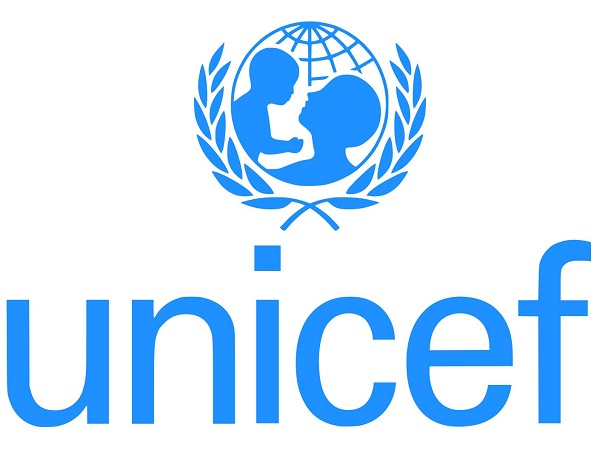
In a bid to shed light on the troubling disparities in healthcare provision and quality in Nigeria, the UNICEF chief of health in Nigeria, Dr. Eduardo Celades has brought attention to the current state of healthcare in the country.
According to Celades, startling statistics reveal that only 70 per cent of pregnant women in Nigeria have access to antenatal care, with a mere 60 per cent having access to complete antenatal care.
During a press conference held in Abuja to announce the national launch of the Community-Based Health Research Innovative-Training and Services Programme (CRISP) by the National Primary Health Care Development Agency (NPHCDA), Celades expressed concerns about the scarcity of skilled birth attendants, contributing to distressing rates of neonatal and under-five mortality.
These revelations underscored the urgent need for intervention and improvement in the healthcare sector in Nigeria. UNICEF, in a display of support and commitment, has expressed intentions to allocate additional resources to expand the scope of the CRISP programme this year. This initiative aims to enhance maternal and child healthcare in Nigeria and aligns with the core principles and objectives of UNICEF.
Furthermore, the focus on primary healthcare in the CRISP programme has garnered recognition for its potential to address healthcare challenges at the grassroots level. UNICEF’s collaboration with various partners and donors has fostered a unified effort to strengthen primary healthcare services, building upon the revitalisation agenda set forth by the NPHCDA executive secretary, Dr. Faisal Shuaib and his team. This comprehensive approach ensures that critical healthcare services are accessible to communities across the country.
The WHO country representative, Dr. Walter Mulombo echoed the importance of intensifying efforts in the healthcare sector, as emphasised by the World Health Organisation (WHO). With the WHO director-general set to unveil a strategy during the 75th World Assembly, attention will be given to promoting health, providing health services, protecting health, empowering health through digital technology and innovation and performing for health by strengthening WHO country offices.
This timely initiative follows the recent declaration by the WHO that the COVID-19 pandemic no longer poses a public health emergency of international concern. However, Mulombo stressed the continued need for vigilance as the virus still circulates globally. He commended the NPHCDA for their integration of COVID-19 vaccination with other immunization programs and interventions.
The WHO has developed a revised strategy for COVID-19 preparedness, response and resilience, focusing on collaborative surveillance, community protection, quality and scalable care, access to countermeasures and building local manufacturing capacity for vaccines and medical products. Mulombo emphasised the importance of reliable data and evidence in guiding policies and interventions, recognising the crucial role of the CRISP in generating the necessary evidence.
Moreover, Mulombo underscored the significance of the program’s contribution to the broader goal of achieving universal health coverage and revitalising primary healthcare. Collaboration with non-state actors, including research institutions, will be instrumental in driving progress in Nigeria and improving health outcomes.
The launch of the CRISP initiative holds great promise and is anticipated to be a catalyst for positive change in Nigeria, ultimately leading to improved health outcomes for all.

